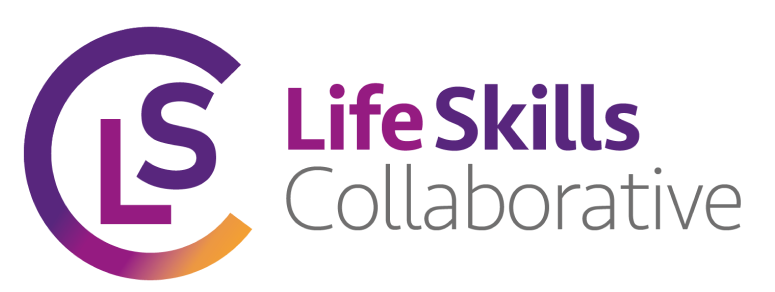- /
- /
-
The role of Life Skills in coping with Covid 19 and its aftermath
The role of Life Skills in coping with Covid 19 and its aftermath

The pandemic has impacted the world in many different ways. On one hand, it has reduced physical and social interactions, on the other hand, it has led to a better-connected world with academia and industry opening its doors to individuals. The always-connected world also poses its own challenges for the youth, and the need to learn to adapt to any situation is a prerequisite now.
Social distancing to stop the spread of the pandemic is not an ideal long-term behaviour to adopt – its fallout could lead to greater problems. Reports of an increased rate of suicides, domestic violence, substance abuse, and feelings of loneliness and despondency suggest that these stem, to a large extent, from the isolation that people have experienced since the outbreak of the pandemic. As far as young people are concerned, under the shadow of the Covid cloud, every school and college-going child has missed out on important character-building traits that are imbibed during their offline school and college experience.
Mental health and Life Skills in the Covid 19 induced ‘new normal’
The answer to some of the issues raised above lies in imparting Life Skills that will enable people to adopt mindful behaviours that curtail the spread of disease, create better crisis management skills, teach empathy and at the same time, instil the ability to deal with fear, anxiety, loss and grief. Research has shown a direct correlation between mental health and life skills. Every region, group or community has its own set of challenges that require a unique set of life skills to cope. There is enough data to prove that Life Skills enable psycho-social competencies and interpersonal skills that empower people to make informed decisions and manage their lives in a healthy and productive manner.
Young people need life skills to thrive in a challenging ecosystem. And, in order to instill the required skill set, it is essential to understand the ground reality and know the actual needs of people living in different backgrounds and contexts. Voices from the ground are essential to know how to help people in different vulnerable communities. This can in turn help create a glossary of life skills that are relevant for a particular group or community to empower and enable them to grow.
Life Skills and job-readiness
It is important to note that pandemic or otherwise, the present generation of youth in India are getting ready to join the workforce. Recruiters are already looking at hiring freshers who are problem solvers, adept at conflict management, are light-hearted crisis managers, show entrepreneurial spirit and leadership skills, rather than those who are mere academic achievers. In order to make the youth job-ready, it is necessary to create assessments tailor-made for them, to help them become both emotionally and logically sound and meet the challenges of the dynamic workforce. These assessment tools are to be conducted at the level of the youth, teachers, and the system to test readiness in a holistic manner.
Age-appropriate Life Skills that complement, supplement and reinforce each other are considered even more important than IQ and will go a long way in creating coping mechanisms that matter and will last a lifetime. It is time to enable the youth to be problem solvers and thinkers and that is possible only with the right set of life skills.
Source:
https://www.ncbi.nlm.nih.gov/pmc/articles/PMC7461541/
https://www.worldometers.info/coronavirus/countries-where-coronavirus-has-spread/



